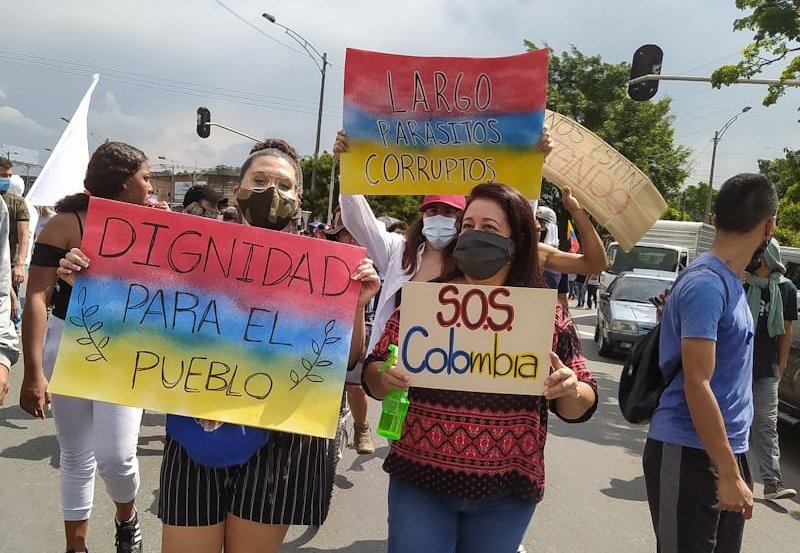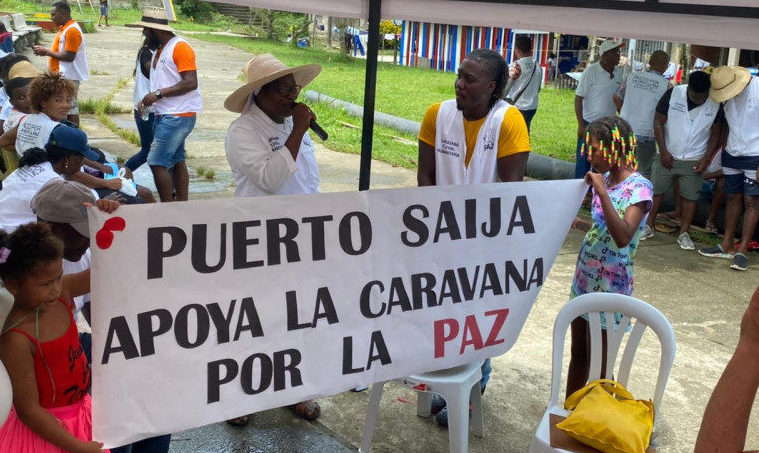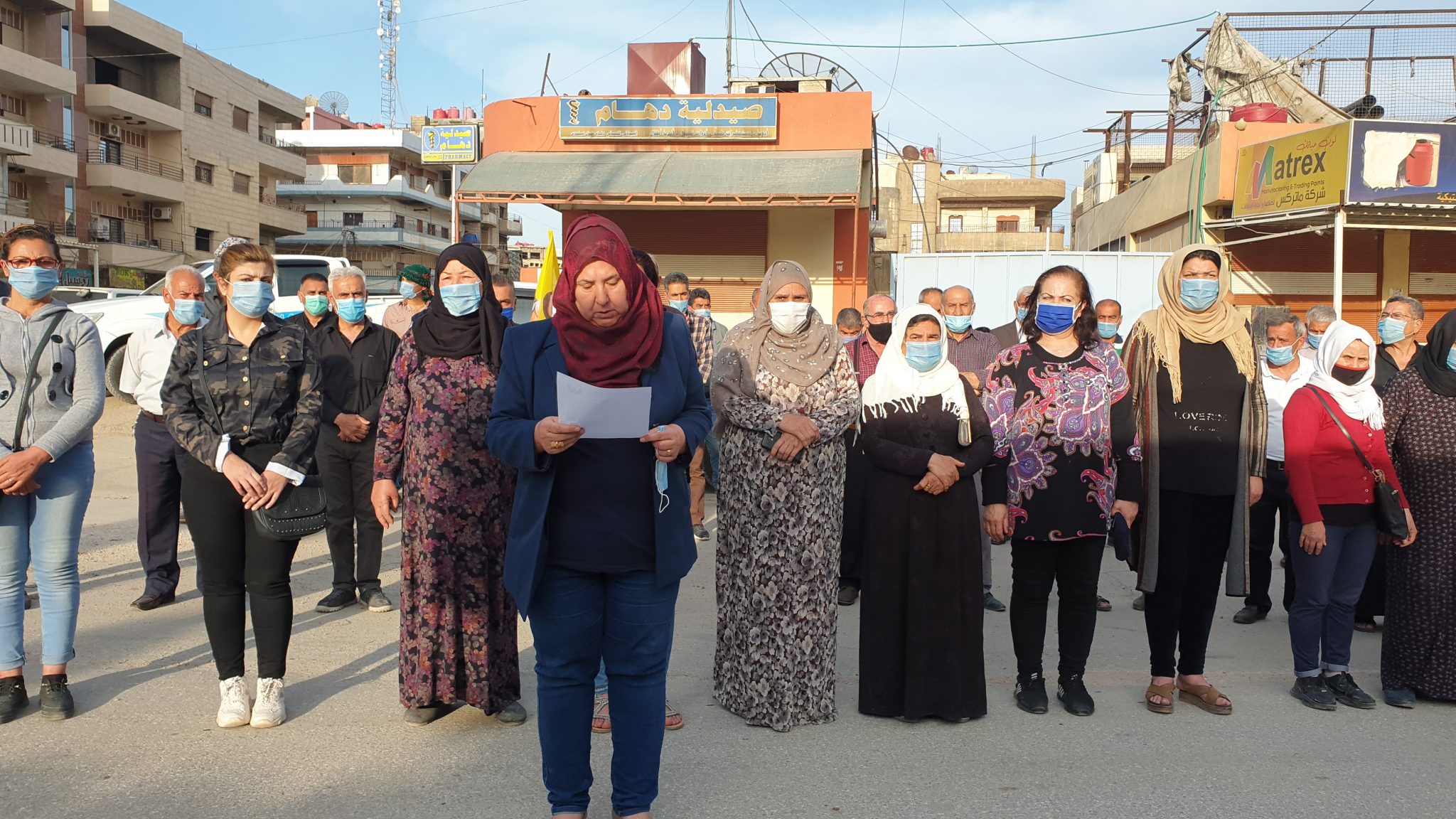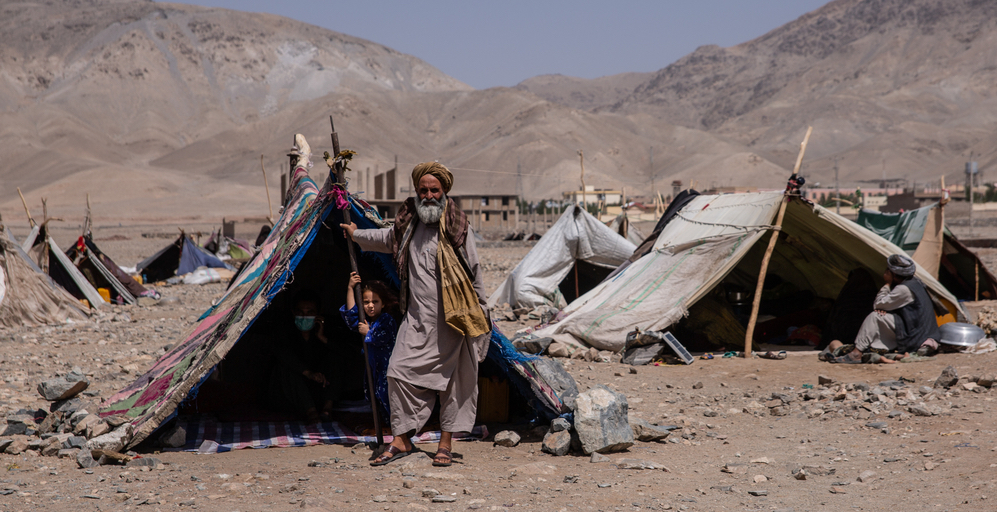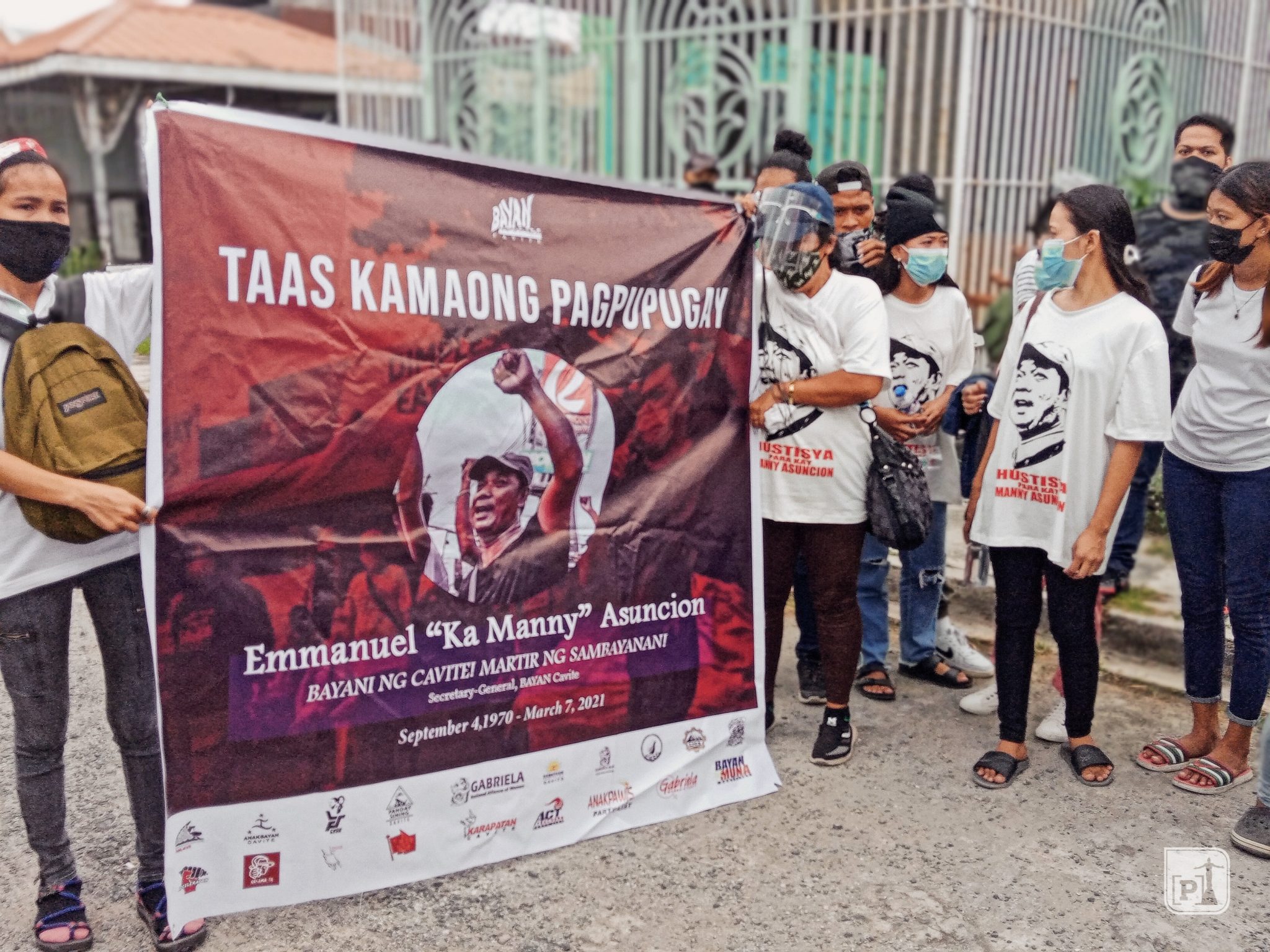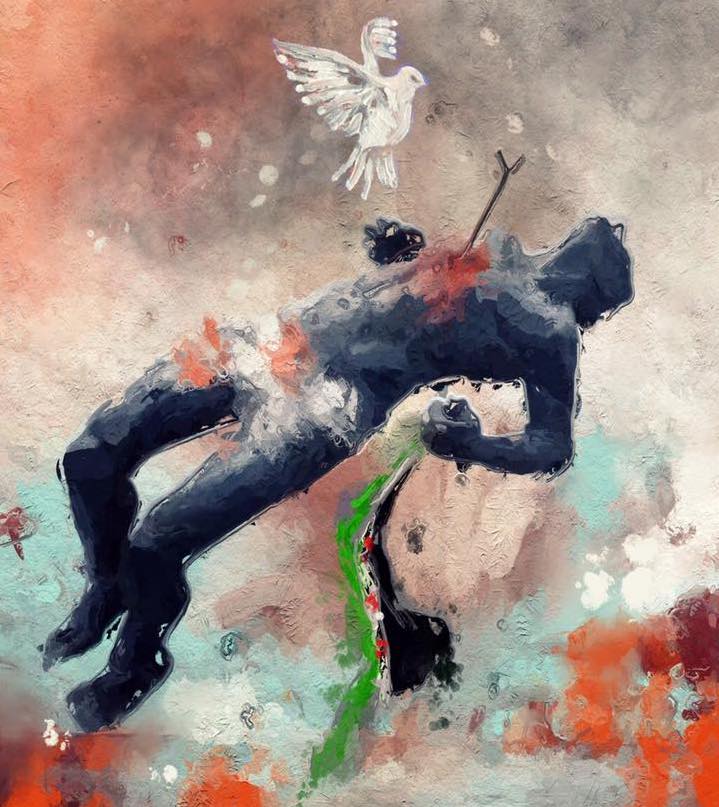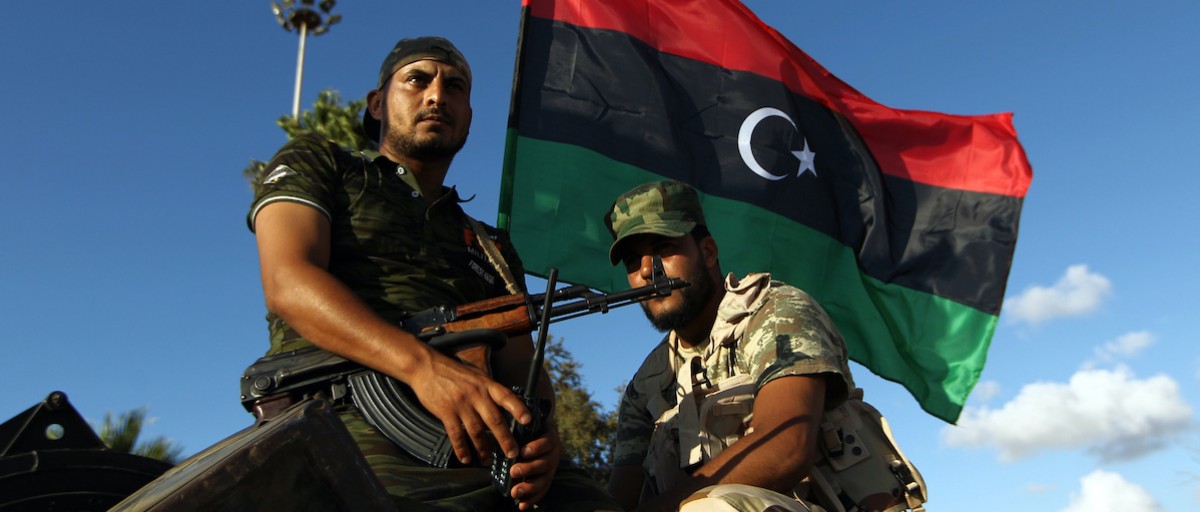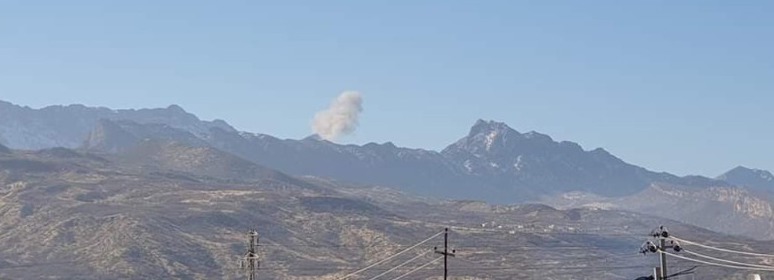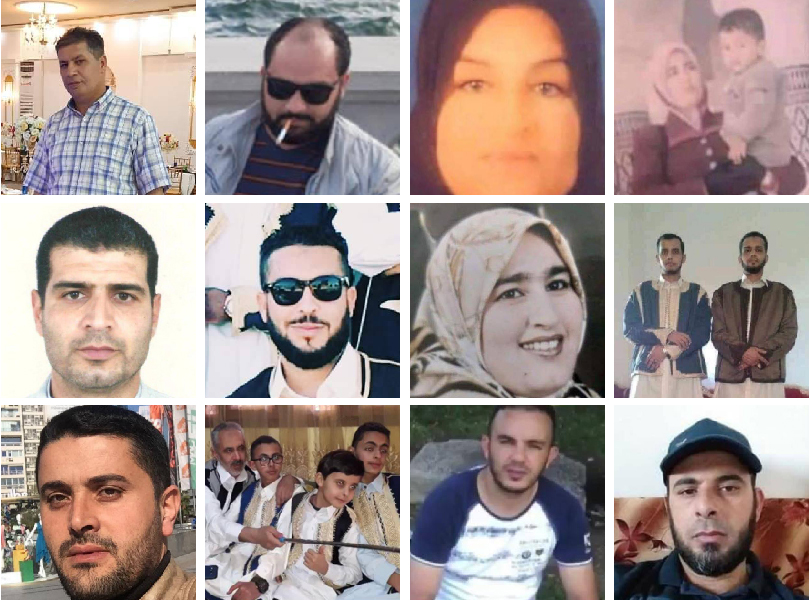
Libya: UK slaps sanctions on Haftar-aligned militia
The UK government imposed sanctions on Libya’s al-Kaniyat militia and its leaders for violations of international law. The militia is reportedly responsible for 27 mass gravescontaining the remains of hundreds of residents reported missing in the Libyan town of Tarhuna, on the southern outskirts of Tripoli. The group, aligned with the forces of eastern warlord Khalifa Haftar, is additionally held responsible for atrocities such as torture, murder, arbitrary detention, and enforced disappearance. Of the five permanent members of the UN Security Council, the UK and the US are the two that have imposed sanctions on the militia. A Security Council resolution that would have placed international sanctions on the militia was blocked by Russia last November. (Map: CIA)



